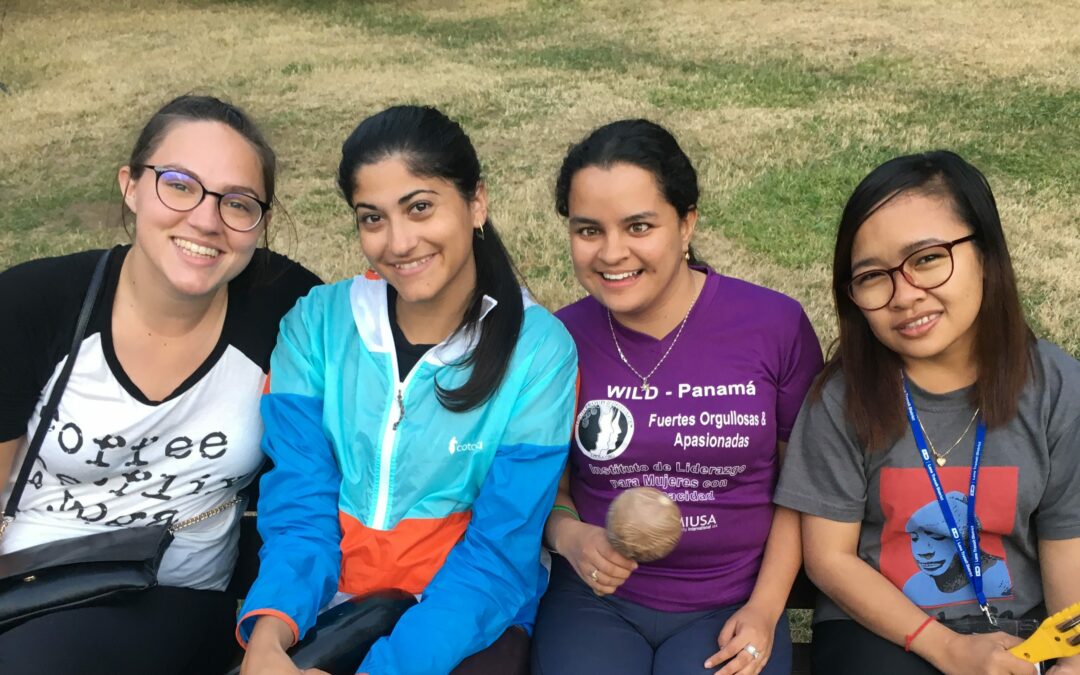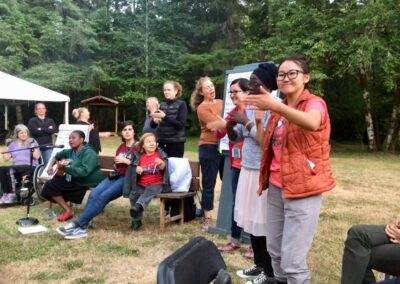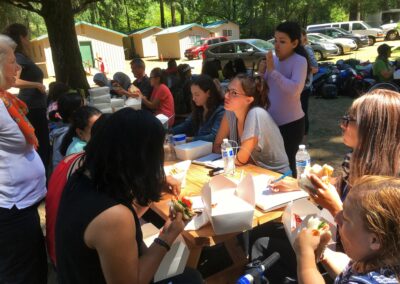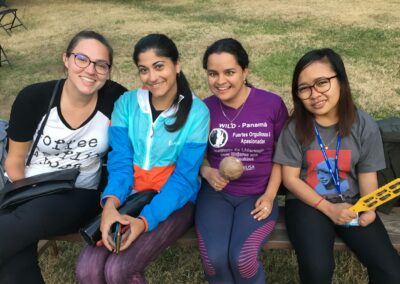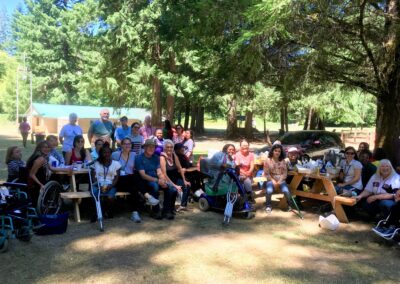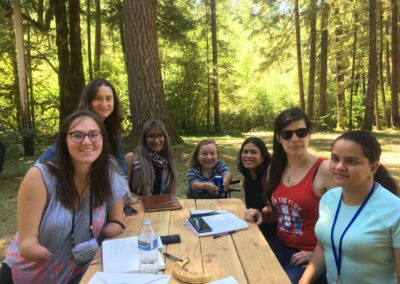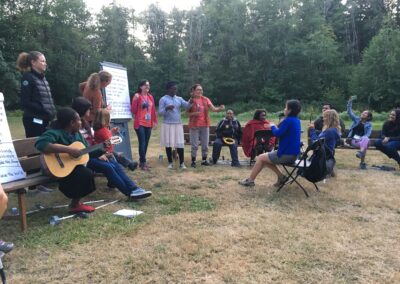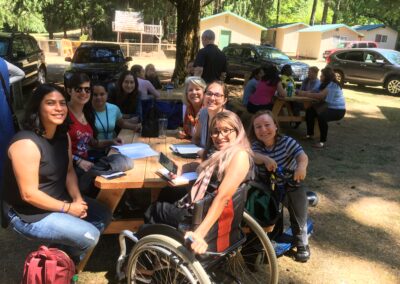Disability has been part of my life since the day I was born. Having an upper extremity limb difference has shaped me and been a critical part of making me the woman I am today. It has taught me patience, problem-solving and empathy in ways that are hard to explain to those who don’t live with a disability. For many, disability is viewed through a purely negative lens but, like most things in life, disability is far more nuanced than its challenges.
Over the past week, I had the immense privilege of talking with disabled women from around the world who understand just that. They recognize not just the challenges they have faced in relation to their disabilities but the resilience and strength it has given them.
As part of the Gender, Disability and Development Institute (GDDI) 2019, I spent three days in Eugene, Oregon learning about best practices for disability inclusion from Mobility International USA (MIUSA) and listening to the women participating in the Women’s Institute on Leadership and Disability (WILD). The GDDI retreat included 26 program officers, directors, and grant specialists from an array of nongovernmental organizations and 22 WILD delegates. On behalf of the Seattle International Foundation, I attended to this retreat to learn as much as I could about the strategies that are most effective in disability inclusion.
Each day I got to speak with some of the delegates 1-on-1 to get to know them better. Their stories were full of determination and passion. One of the women told me, “I like when people call me troublesome, because it means I fight for my rights.” After hearing that and her story as a disability activist in West Africa, I feel inspired to find more ways to be a troublesome woman in my life because it takes making trouble to disturb the status quo.
I also had the opportunity to sit around a table with women, with and without disabilities, who live or work in Latin America to discuss the common obstacles and explore potential ways forward. One of the shared challenges is the lack of understanding of disability rights as human rights in the region. The stigma in Latin America is very strong and has created additional barriers for activists on the ground, but it has not stopped them from working or seeking solutions. Each of the WILD women shared alliance as the key to fighting societal prejudice and stigma more effectively. Many disability organizations are siloed: deaf organizations, blind organizations, psychosocial disability organizations, organizations for intellectual disabilities, etc. The most effective and inclusive change comes when these organizations and different disabled communities unite.
Watching this diverse group of people learn together and enjoy each other’s company filled me with so much hope and happiness. Not only were we able to discuss the real challenges facing disabled women around the world, but we were also able to laugh and dance and exchange our individual s’more techniques.
The WILD Women reminded me of how important it is to dream, and the privilege of being told from a young age that the sky is the limit. In grade school, my disability never held me back from dreaming of being president or an Olympic soccer player; I figured if my nondisabled classmates could dream of being those things, why couldn’t I.
Dreaming allows us as individuals and as a society to create brighter futures and for that reason, we have to ensure everyone feels empowered to dream, especially those living and growing up on the margins. The more people dreaming of an inclusive and equitable world, the more likely we will be able to make it happen.
Intersectional disability inclusion is important and possible. It is no longer a question of if our programs should include people with disabilities, but how. As MIUSA proudly states, people with disabilities are loud, proud and passionate. The first step is inviting them to the table, so they have the opportunity to share their stories, share their dreams and, together, we can build a better future.
Anna Pickett
Communications and Programs Assistant

